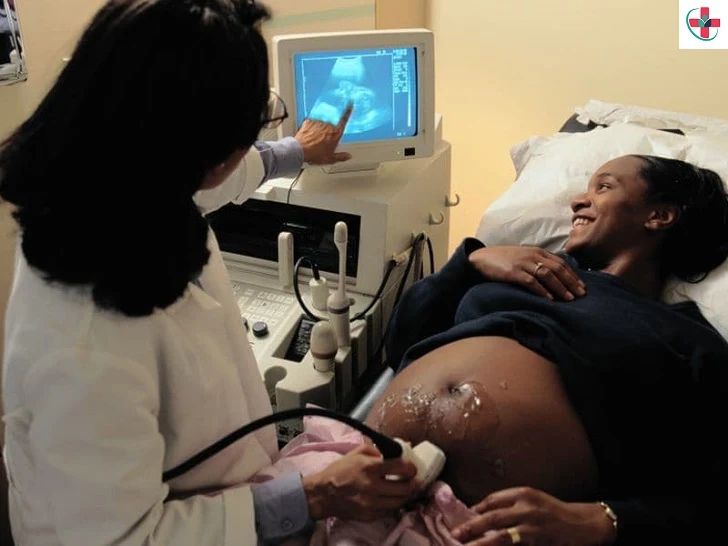Pregnant women over 35 are considered to be of advanced age.
What are the risks of pregnancy over 35?
• Increased risk of having a baby with a disease or
condition that is inherited. Because it is carried through the genes, this is
known as a genetic abnormality.
• Greater chance of complications with the pregnancy.
Examples are diabetes, high blood pressure, and cesarean birth.
• Increased risk of miscarriage.
Age is less important than:
• A woman’s health
• Nutrition
• Lifestyle
• Medical and family history
• having good medical care
Prenatal Genetic Screening and Counselling
If you wonder about your chances of having a healthy baby,
talk to your health care provider about prenatal genetic screening early in
your pregnancy. You can also talk with your health care provider about genetic
counseling.
Nuchal Translucency (NT) Ultrasound
NT ultrasound is a special ultrasound done as part of the
prenatal genetic screening tests offered to women depending on her age at the
time of giving birth and for some women who are at risk of having a baby with a
genetic abnormality. It is done around 10-14 weeks. The ultrasound looks at the
tiny fluid-filled space at the back of the baby’s neck.
If it is available in your area, you may be offered an NT
ultrasound along with the blood tests. If the NT ultrasound shows an
increased risk, follow up tests, like an amniocentesis, may be offered.
Although adding the NT gives more information for the screen result, the blood
tests are very good screens on their own.
Amniocentesis
This diagnostic test finds genetic abnormalities and it is
very accurate. You may be offered an amniocentesis if you are 40 years of age
or older, have not had any screening done before your 21st week of pregnancy or
your prenatal genetic screening blood tests or ultrasound showed your baby has
a higher chance of having an abnormality than expected. Amniocentesis is
usually done between 15 and 18 weeks. A needle is used to remove a small amount
of amniotic fluid through the mother’s abdomen. This test is done with
ultrasound guidance. You will have to wait for one to three weeks for the results.
There is a small risk of miscarriage with this procedure.
Chorionic Villus Sampling (CVS)
CVS is used to detect genetic abnormalities. You may be
offered CVS for several reasons, such as:
• being 40 years of age or older
• having a higher chance of your baby having a genetic
abnormality (based on prenatal genetic screening blood tests, ultrasound or NT
ultrasound)
• Pregnant with more than one baby.
This diagnostic test can usually be done between 11 and 13
weeks of pregnancy. A small amount of tissue (chorionic villi) is removed
through the vagina or the abdomen with a needle. You will usually know the
results by 13 to 16 weeks.
Call your health care provider if you notice:
• Bleeding or fluid loss from your vagina
• Your baby’s movements have stopped or really slowed down
over a 12-hour period
• You are really tired
• Blurred vision (can’t see properly) and/or headaches
• Sudden or continuing swelling of hands or face
• Abdominal pain or abdomen is hard when touched
